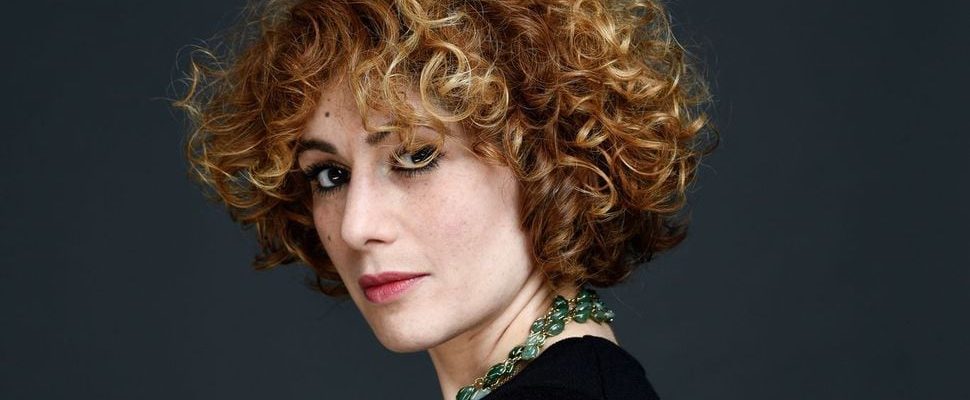After the spectacular flight of the stands, all roughly close to the zero degree of subtlety, where resentment competed with cowardice, ignorance with prudishness, the denial of the right to hatred of the elite, around the monster (sacred or not, that is the question) Depardieu, there remained only one refuge: reading. An American study tells us that those who read live longer and happier. Another study, carried out by OpinionWay and commissioned by political scientist Chloé Morin among 16-24 year olds on knowledge, literally ruins the future if the present continues to take place on screens and outside of books.
46% of respondents are unable to give the correct date of the French Revolution when 60% do not know when the Berlin Wall fell or 77% have no idea of the date of the abolition of the death penalty. Where the study is even more instructive is when it seeks to link the extent of knowledge to the time spent on screens. In summary: the more books (paper) students read, the more they know the story. Example: “Have you ever heard the term Shoah?” The answer is “yes” for 63% of young people who do not read any books and for 86% of those who read at least three books per month. The gap is significant.
And when we discover that 45% of young people surveyed get their information on social networks and only 8% in newspapers (paper or online), we cannot help but feel a dull concern. How parents can condemn their children to stupidity and shortcomings by providing them with the poison of screens and stupidity from an early age remains a mystery. All that remains is for schools to ban screens and introduce students to reading and knowledge. To memorize and learn, to be wary of social networks, to open a journal to understand the ambiguity and contradictions of the present, and above all to read essays and novels, to read the past and the present, to try, a little, just a little, to understand that they are much more complex than they think and that the world around them, and of which they know nothing, cannot be reduced to a militant certainty gleaned from the social networks and valued by those who would like to reduce them to being nothing more than a docile opinion through reductive flattery.
“Read, read, read”
Thanks to my readings of the last few weeks, I laughed with grace and depth at the pen of Anna Cabana and her portraits of Comedies of good consciencewhere Mélenchon and Finkielkraut have lunch together while a column by the author for She on the size of the fries results in a deliciously absurd email from the newspaper’s head of news: “It seems to me that the identity angle of the fries is inappropriate. Not sure I want to arbitrate what is French and what which is not in my pages”; I continued with the gloss Identity Trap of Yascha Mounk of whom I never tire and who, as an intellectual pedagogue, escapes all the basely ideological pitfalls to, certainly denounce, but above all to propose something to reform and hope by dissecting the mechanisms at work in the kingdom of Wokistan; I devoured Samuel Fitoussi and his Woke Fiction which examines, with humor and seriousness, all the excesses which impoverish fiction – and therefore man – and absolutely prevent individual development; I followed step by step and with relish the William (Shakespeare) by Stéphanie Hochet which fills with the force of the imagination the seven “lost years” of the playwright of which we know nothing before his appearance on the London stage, while telling his story with a moving modesty, weaving together a rich and intense which amazes me with each novel: “Read, read, read. Resisting the world of others, those I have not chosen, by diving into the more open world of literature. […] How do we know we’ve escaped? That the tender and strong part deep within oneself, what is oneself, only oneself, is preserved?
Yes how ? By measuring ourselves against lives other than ours, by agreeing to let go of what was imposed by the primary environment, by opening a book. Simply a (good) book.
.
